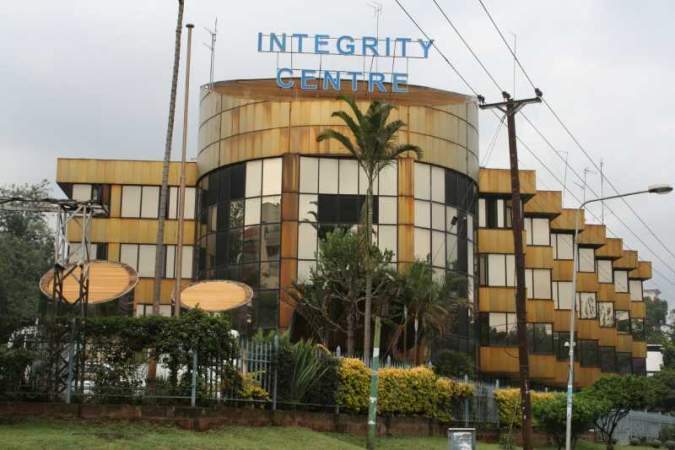Wajir, Garissa and Kajiado have the lowest levels of accessibility to procurement opportunities in the health sector, the Ethics and Anti-corruption Commission (EACC) has revealed in its latest report.
According to the report, Makueni, Kakamega and Nakuru counties had the highest levels of accessibility to procurement opportunities.
“Open tendering (78.9 per cent), followed by request for quotations (12.2 per cent) and restricted tendering (4.6 per cent) were procurement methods frequently applied in health care projects as identified by health staff,” the report noted.
“The three main reasons presented by health staff for the choice of the respective procurement method were fairness and transparency (34.7 per cent), competitiveness (22.5 per cent) and procurement law (19.8 per cent).”
The report further notes that Meru, Tharaka-Nithi and Embu counties had more health care projects that had been completed at costs above planned budget.
Awareness of healthcare projects completed beyond the contract period were high in Tharaka-Nithi, Embu and Homa-Bay counties and low in Makueni, Kitui and Turkana.
Factors that contributed to late completion of projects were delayed disbursements of funds (53.4 per cent), Covid-19 pandemic (14.2 per cent), change of contract terms (10.3 per cent), change of leadership (8.3 per cent) and corruption (6.9 per cent).
16.4 per cent of health staff were aware of health care projects that had been terminated before completion. In addition, eight percent 8.1 per cent of contractors indicated that projects that were undertaken by their firms were terminated before completion.
“Key reasons for projects termination were lack of capacity by contractors 16.5 per cent, contractors abandoning the project 16.5 per cent and insufficient funds 16 per cent,” the report added.
Contractors pointed out falsification of regulatory certificates, lack of financial capacity and budgetary constraints in the Ministry of Health as reasons for project termination.
Financial constraints (27.8 per cent), delay in approval of finances (14.7 per cent), corruption (8.8 per centg), understaffing (8.7 per cent) and political interference (six per cent) were some of the key challenges highlighted by the respondents in the implementation of health care projects.










